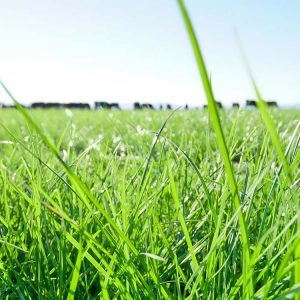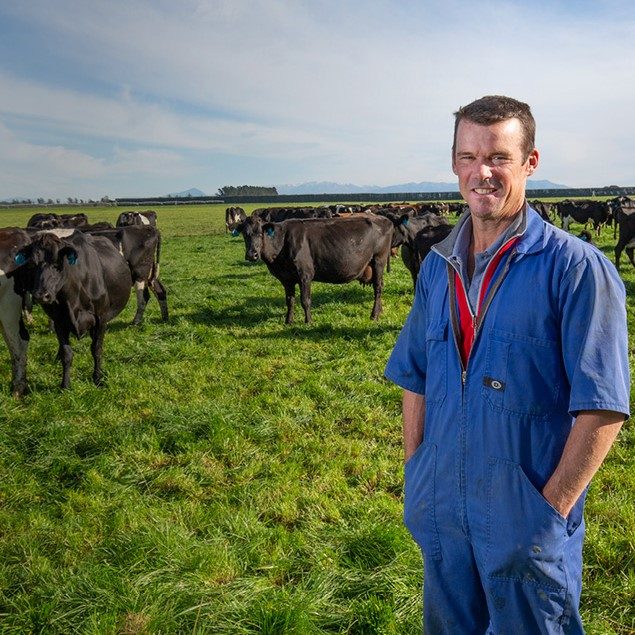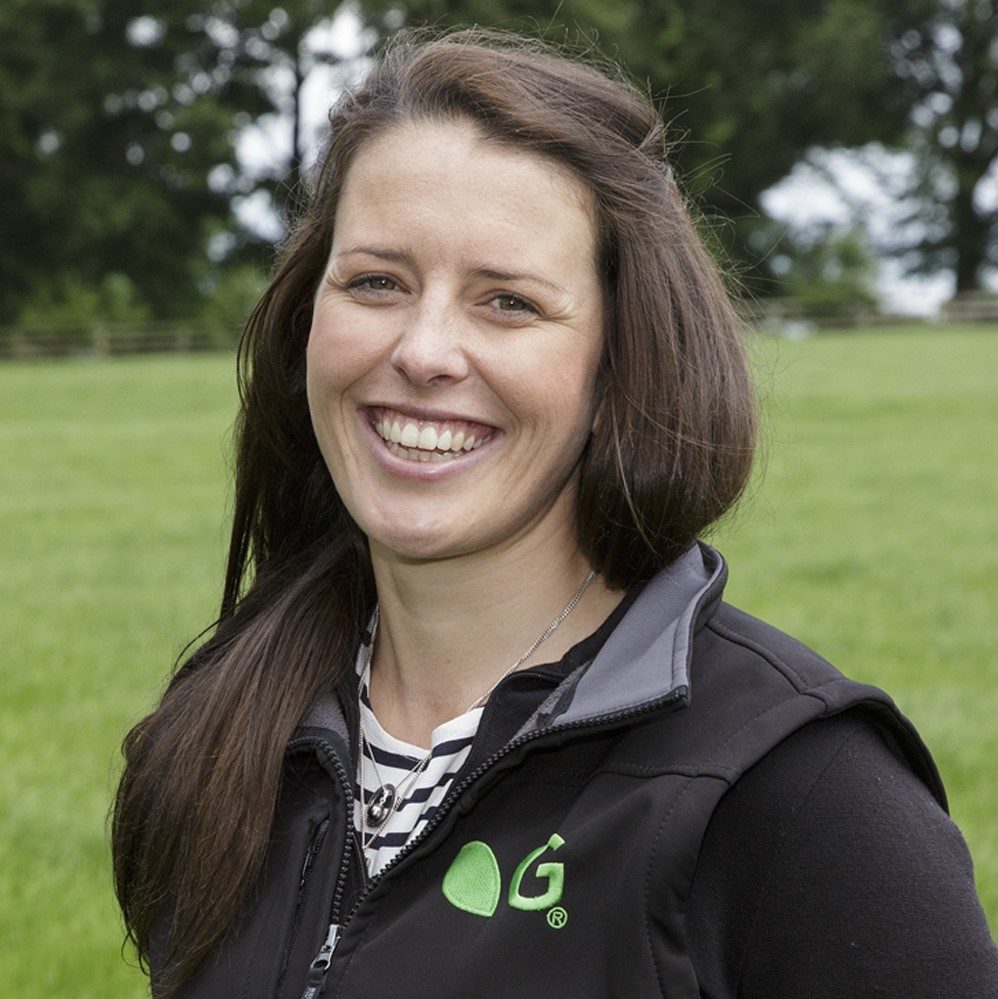Nitrogen fixing, improved pasture production and high-quality feed – white clover is an important species in New Zealand pastoral systems, and one of our most widely-sown legumes.
It’s also fast becoming an important environmental mitigation tool for New Zealand farmers, as they make changes to meet the Government’s 190kg N/ha cap on synthetic nitrogen fertiliser. A recent cost analysis by Germinal suggests that farmers can economically reduce their synthetic nitrogen use by switching to a higher clover sowing rate – providing a natural, homegrown nitrogen source.
But not all white clovers are created equal.
Germinal has created a world-first clover hybrid by crossing Caucasian and white clover. Called AberLasting, the innovative and climate smart variety provides farmers with a more robust and resilient natural nitrogen fixer due to its superior root system.
AberLasting is the only commercially available hybrid of this type, despite many attempts by international seed breeders and researchers to cross Caucasian and white clover.
AberLasting is the first variety in Germinal’s new Doubleroot product range, which encompasses unique hybrid clovers with root systems extending further above and below ground, providing greater grazing and drought tolerance.
The characteristics of Doubleroot clovers such as AberLasting increase the resilience of the plant allowing it to persist in more challenging conditions, which is particularly important given New Zealand’s unique environment.
In a drought tolerance experiment, AberLasting maintained leaf water content for a week longer than traditional white clover when completely without water. It can also withstand overnight temperatures of -20 degrees Celsius, which would wipe out 70 percent of conventional white clover varieties.
Some of our AberLasting customers farm in New Zealand’s high country, which is subject to environmental extremes. Hamish MacKenzie of Braemar Station, which is on the eastern side of Lake Pukaki and 700 metres above sea level, has had great results using AberLasting as part of a permanent pasture mix since 2013.
AberLasting has also shown it can withstand the dry climate at Helen Andrews’ farm in South Canterbury. The yield and nitrogen-fixing properties of white clover, combined with the persistence of Caucasian clover, provides a high-performing and reliable feed option – with Helen claiming “if it can grow here, it can grow anywhere”.
AberLasting is suitable for all farm systems and is best sown as part of a permanent pasture mix at 3-5 kg/ha. See our product page for more information.



